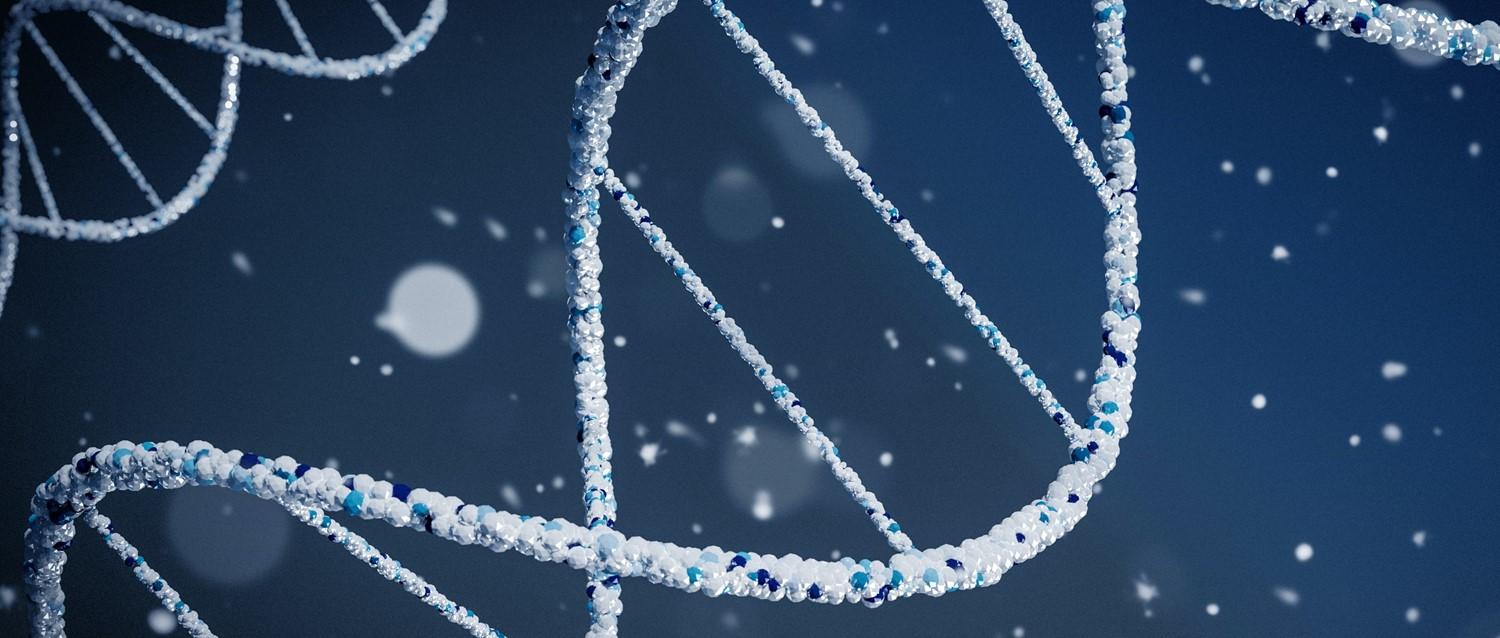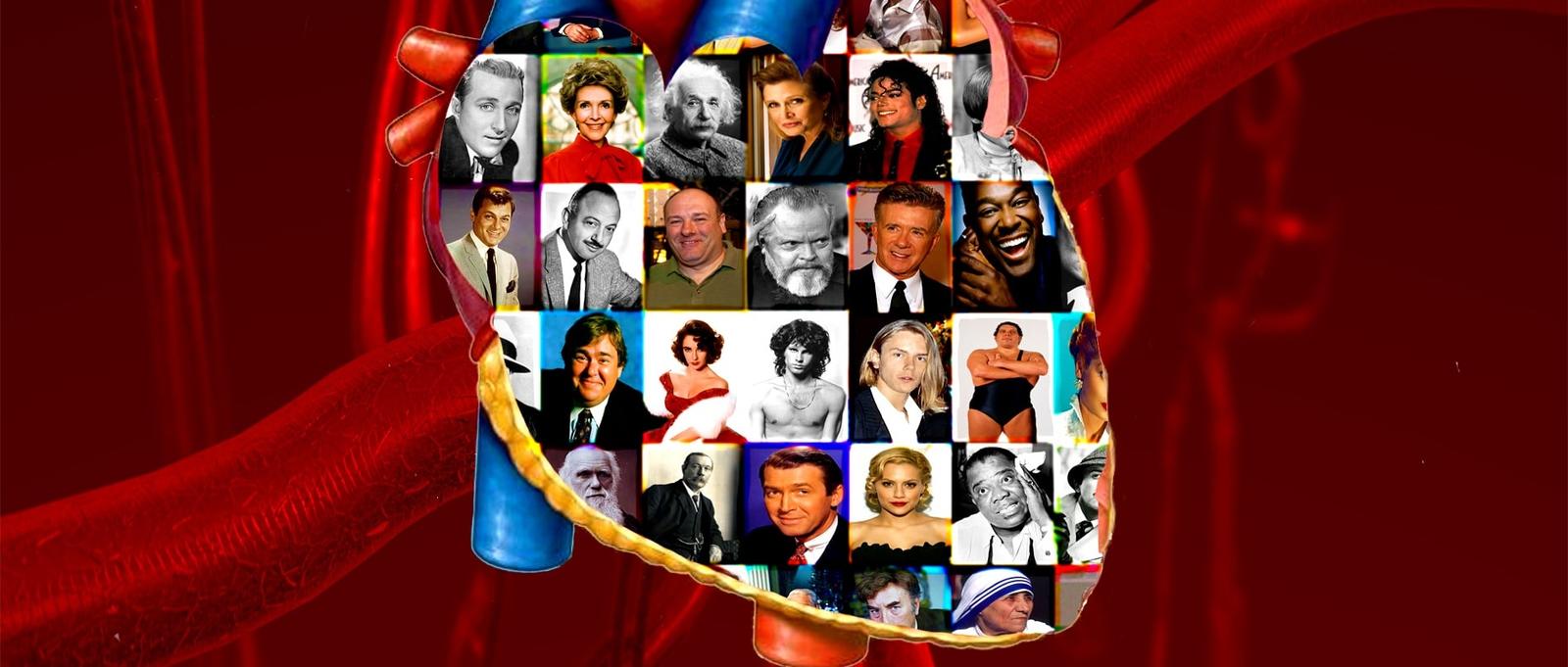
What is the most common cause of sudden cardiac death?
Peer reviewed by Dr Sarah Jarvis MBE, FRCGPLast updated by Emily Jane BashforthLast updated 16 Dec 2021
Meets Patient’s editorial guidelines
- DownloadDownload
- Share
- Language
- Discussion
Every year in the UK, 100,000 people die of a sudden cardiac arrest, making it the nation's biggest killer. Sudden cardiac death kills more people than lung cancer, breast cancer and AIDS combined. It's important to know the warning signs of a heart condition so it can be treated as early as possible, and what might put you at risk.
In this article:
Continue reading below
What is sudden cardiac death?
Sudden cardiac death (SCD) occurs when someone dies unexpectedly due to problems with their heart. It occurs when the heart is no longer beating efficiently enough to maintain its life and pump blood around the body, providing the brain with oxygen. SCD occurs either instantaneously or shortly after symptoms begin (usually within one hour). The majority of sudden cardiac death cases are unwitnessed.
Worldwide, sudden cardiac death represents a major public health problem. It is the most common cause of death and accounts for 15-20% of all deaths. Early resuscitation and defibrillation are the key to someone's survival.
What is the difference between sudden arrhythmic death syndrome (SADS) and sudden cardiac death?
Back to contentsWhen reading about sudden cardiac death, you might also come across the term sudden arrhythmic death (also sometimes called sudden adult death syndrome, or SADS). The difference between the two is that sudden arrhythmic death is diagnosed when the cause of the cardiac arrest can't be explained in a post-mortem examination because the structure of the heart appears normal. Sudden arrhythmic death syndrome affects around 500 people in the UK every year. It is classified as a form of sudden cardiac death.
In the majority of cases, in sudden cardiac death the cause of cardiac arrest can be found in a post-mortem because something is wrong with the structure of the heart. The most common causes are damage to the heart muscle or abnormal heart rhythms due to heart attack or other coronary artery disease.
One of the reasons why the cause of death might not be found is down to the way the heart beats. The British Heart Foundation explains that the rhythm of your heart is controlled by electrical impulses. However, if the electrical impulses go wrong, it can cause an abnormal heart rhythm. This is known as an arrhythmia and can mean the heart is beating too quickly, too slowly, or irregularly.
If left untreated, an arrhythmia can cause a cardiac arrest. Your heart's rhythm and electrical impulses are no longer there once you die; therefore, an abnormal heart rhythm can't be found and the heart's structure will appear normal.
In about one in every 25 cases of sudden cardiac death, no definite cause of death can be found.
Continue reading below
What is the most common cause of sudden cardiac death?
Back to contentsThere has been a decline in the number of deaths due to sudden cardiac death over the past several decades. This can be put down to improved preventative strategies. However, approximately 100,000 deaths per year in the UK are caused by sudden cardiac death - equivalent to about 18% of deaths. The most common cause of sudden cardiac death is cardiovascular disease - in particular coronary heart disease, which accounts for almost 80%.
Other causes of sudden cardiac death include:
Inherited arrhythmia syndromes.
Abnormal heart rhythm conditions such as Wolff-Parkinson-White syndrome.
Some recreational drugs.
In patients from birth to 13 years of age, the primary cause is a congenital abnormality. In other patients younger than 35, the most common cause of sudden cardiac death is a fatal arrhythmia.
What causes arrhythmic death?
Back to contentsSudden arrhythmic death syndrome is usually caused by a heart condition that affects the heart's electrical system. Sometimes, this condition can be inherited, having fatal consequences if undetected and untreated. These conditions include:
Long QT syndrome (LQTS).
Brugada syndrome.
Catecholaminergic polymorphic ventricular tachycardia (CPVT).
Progressive cardiac conduction defect (PCCD).
While SADS is diagnosed because the heart appears normal in a post-mortem, there are a few conditions that can cause SADS that make very subtle structural changes to the heart. In these cases, SADS may still be diagnosed because the changes are too small to be seen in an examination.
These conditions include:
Hypertrophic cardiomyopathy (HCM).
Dilated cardiomyopathy (DCM).
Arrhythmogenic right ventricular cardiomyopathy (ARVC).
Continue reading below
Who is most at risk of sudden cardiac death?
Back to contentsSudden Adult Death Trust (SADS UK) highlights that sudden cardiac death could happen to anyone. However, it is most common in those aged 45-75.
For those under the age of 35, it is more common in men than women, and in young people specifically, the risk of SCD approximately doubles during physical activity. It is two to three times higher in athletes compared to non-athletes, but actually very low in young athletes, with an incidence of 1-3 per 100,000. In these cases, sudden cardiac death is mostly caused by pre-existing congenital cardiac abnormalities, rather than the sporting activity someone is doing.
There is also an increased risk of SCD associated with cocaine abuse.
Is sudden cardiac death painful?
Back to contentsSADS UK says they do not believe sudden cardiac death is painful, although it is something we will never know for certain. They say most people who survive a cardiac arrest only speak of waking up in hospital afterwards, not remembering anything else. However, the warning signs of cardiac death could cause pain.
A 2015 study in the Annals of Internal Medicine discovered that about half of patients who have a sudden cardiac arrest first experience symptoms like intermittent chest pain and pressure, shortness of breath, palpitations, or ongoing flu-like symptoms, such as nausea and abdominal and back pain. However, a large percentage of people ignore these signs.
What are the warning signs of a heart condition?
Back to contentsSADS UK highlights the warning signs of a heart condition.
Fainting or having an apparent seizure during physical activity, especially if it happens repeatedly.
Fainting or having an apparent seizure during emotional excitement, distress, startle, or on arousal from sleep.
Having consistent or unusual chest pain and/or abnormal shortness of breath during exercise and dizziness.
Having a family history of a premature sudden death of an apparently healthy person (under the age of 40).
They advise that if you have any of the warning signs of a heart condition, you should speak to your doctor about your symptoms. Discuss with them any medications or herbal remedies that you may be taking and ask your GP to consider a heart condition when evaluating your symptoms. You should also find out as much as you can about your family's medical history. If there has been an unexpected premature sudden death in someone under 40, ask to be referred to a cardiologist to have heart checks carried out.
SADS UK stresses that if a heart condition is identified, it can be treated.
How can you prevent sudden cardiac death?
Back to contentsWhen someone goes into cardiac arrest, every second counts. Survival rates drop by 7-10% every minute someone goes without defibrillation. This means that acting quickly could be the difference between life and death.
Resources on Patient.info can tell you how to perform CPR, and also how to act in those situations while protecting yourself against COVID-19.
If you witness someone suffering a cardiac arrest, you should dial 999 (if in the UK) for emergency services immediately, give CPR as you wait for paramedics and, if available, use a defibrillator to restart the heart.
Patient picks for Heart disease

Heart health and blood vessels
Is cardiomyopathy genetically inherited?
Around one in 250 people are affected by cardiomyopathy, a group of conditions that affect the structure of the heart. Cardiomyopathy can be caused by other heart and circulatory conditions, but some cardiomyopathies can also be inherited.
by Lydia Smith

Heart health and blood vessels
Celebrities and their heart problems
Around 2.3 million people in the UK live with coronary heart disease, yet it remains a condition that is often misunderstood.
by Danny Chadburn
Continue reading below
Article history
The information on this page is peer reviewed by qualified clinicians.
16 Dec 2021 | Latest version
16 Dec 2021 | Originally published

Ask, share, connect.
Browse discussions, ask questions, and share experiences across hundreds of health topics.

Feeling unwell?
Assess your symptoms online for free
Sign up to the Patient newsletter
Your weekly dose of clear, trustworthy health advice - written to help you feel informed, confident and in control.
By subscribing you accept our Privacy Policy. You can unsubscribe at any time. We never sell your data.